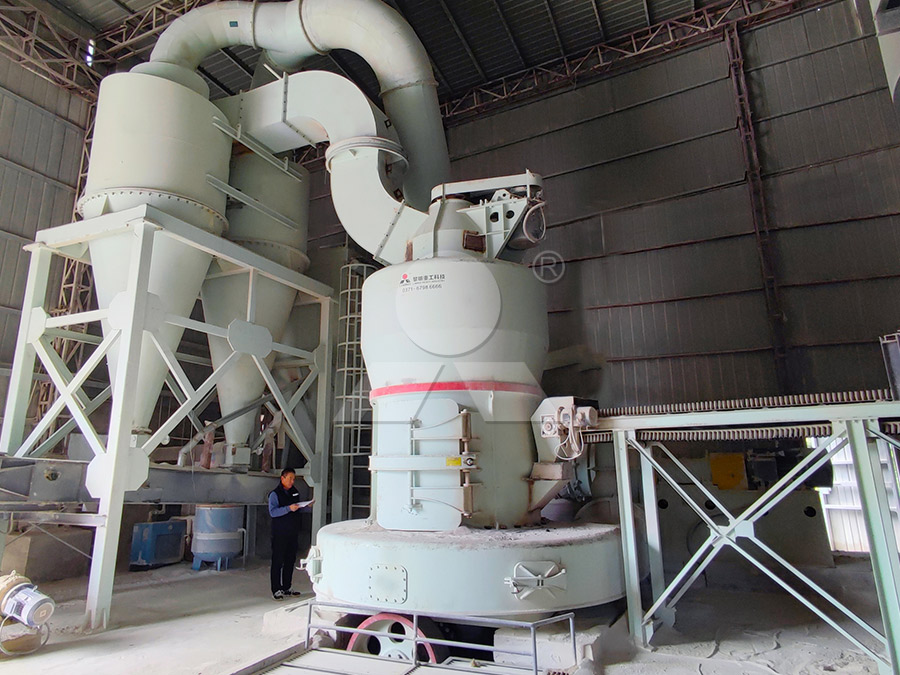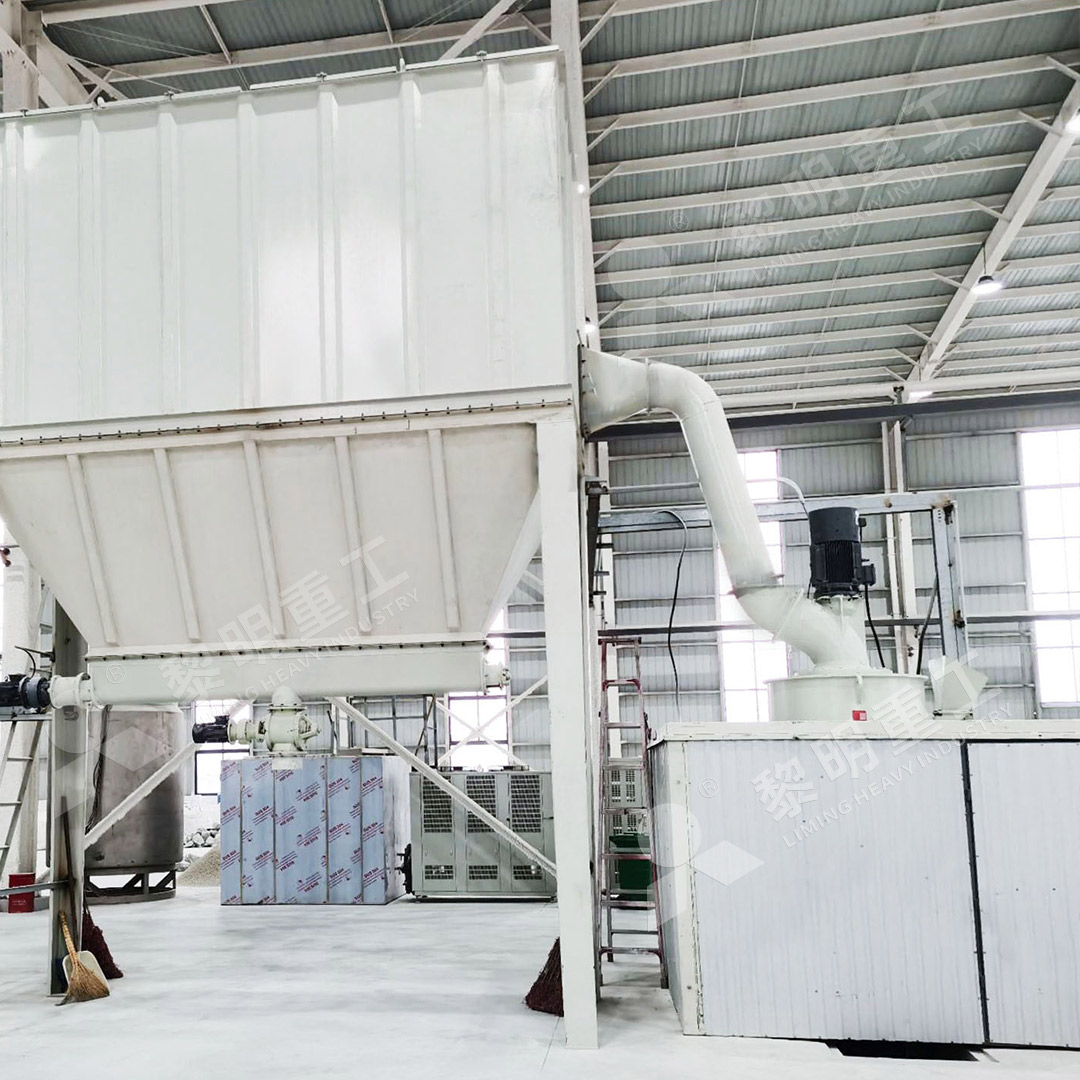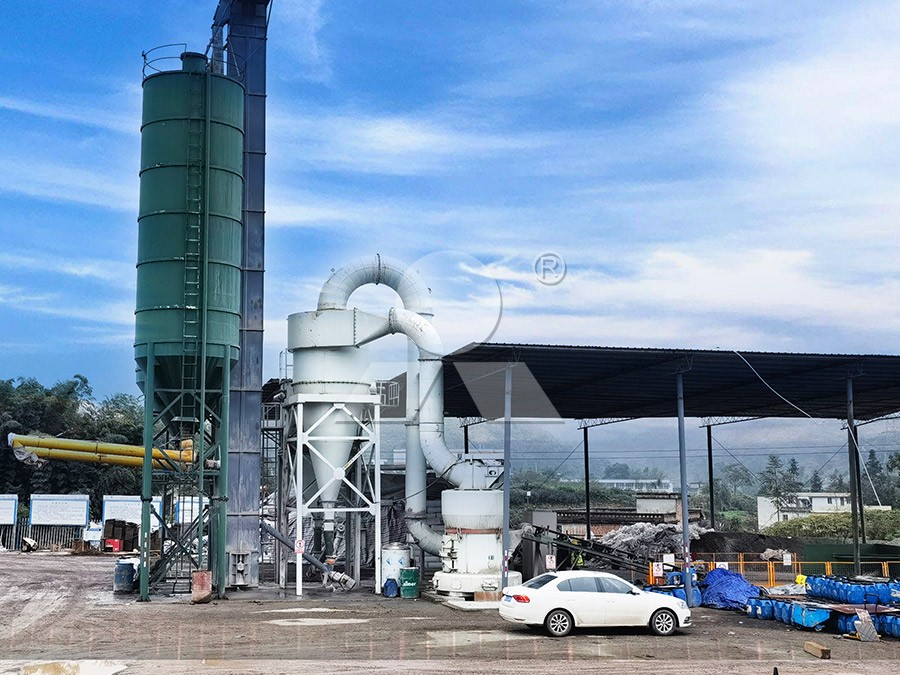Asbestos Universal Grinding Mill: Efficient Processing for Various Industrial Applications
We provide a wide range of mills — including Raymond mill, trapezoidal mill, vertical mill, ultrafine mill, and ball mill, obtained ISO9001 international quality certification, EU CE certification, and Customs Union CU-TR certification. Suitable for processing minerals such as limestone, phosphate, quicklime, kaolin, talc, barite, bentonite, calcium carbonate, dolomite, coal, gypsum, clay, carbon black, slag, cement raw materials, cement clinker, and more.
The discharge range of these mills can be adjusted to meet specific processing needs, typically from 80-400 mesh, 600-3250 mesh, and can achieve the finest particle size of up to 6000 mesh(D50).
If you are looking for a reliable grinding solution to turn stone or minerals into fine powder, please feel free to contact our online customer service.
Asbestos Universal Grinding Mill: Efficient Processing for Various Industrial Applications
In today’s demanding industrial landscape, processing challenging materials like asbestos requires specialized equipment that combines precision, efficiency, and environmental responsibility. Asbestos, with its unique fibrous structure and heat-resistant properties, presents particular grinding challenges that demand advanced technological solutions.
The key to successful asbestos processing lies in achieving consistent particle size distribution while maintaining strict containment protocols. Modern grinding mills must not only deliver superior performance but also incorporate comprehensive dust collection systems to ensure workplace safety and environmental compliance.

Advanced Grinding Technology for Demanding Materials
When processing asbestos and similar industrial minerals, the choice of grinding equipment significantly impacts both operational efficiency and final product quality. The ideal solution must offer precise control over particle size, minimal heat generation during processing, and robust containment features.
Among the various options available, the MW Ultrafine Grinding Mill stands out as particularly well-suited for asbestos processing applications. With an input size capability of 0-20 mm and capacity ranging from 0.5-25 tph, this machine provides the flexibility needed for various production requirements. Its innovative design addresses the specific challenges of asbestos grinding through several key features:
- Higher yielding with 40% increased production capacity compared to jet grinding mills
- Adjustable fineness between 325-2500 meshes for precise control
- No rolling bearings or screws in the grinding chamber, reducing maintenance concerns
- Integrated pulse dust collector for eco-friendly operation
The MW Ultrafine Grinding Mill’s cage-type powder selector, incorporating German technology, ensures exceptional precision in particle separation. This is particularly crucial when processing asbestos, where consistent fiber length and distribution directly impact material performance in final applications.

Comprehensive Industrial Applications
Beyond asbestos processing, advanced grinding mills serve numerous industrial sectors. From construction materials to chemical manufacturing, the ability to produce precisely controlled powders opens opportunities for product enhancement and process optimization.
For operations requiring vertical grinding solutions, the LUM Ultrafine Vertical Grinding Mill offers exceptional performance with input sizes of 0-10 mm and capacities of 5-18 tph. This mill integrates the latest Taiwanese grinding roller technology with German powder separating technology, creating a comprehensive system ideal for superfine dry powder production.
The LUM mill’s unique roller shell and lining plate grinding curve design facilitates easier material layer generation, enabling high rates of finished products through single-pass powder milling. This efficiency translates to improved whiteness and cleanliness of finished products – critical factors in many industrial applications.
Environmental and Operational Considerations
Modern industrial operations must balance production efficiency with environmental responsibility. Contemporary grinding mills address this challenge through integrated dust collection systems, noise reduction technologies, and energy-efficient designs.
The MW Ultrafine Grinding Mill exemplifies this approach with its efficient pulse dust collector and muffler system, effectively reducing both dust emissions and operational noise. The entire production process is designed to minimize environmental impact while maintaining high throughput and consistent quality.

Digital processing technologies further enhance operational precision, with numerical control governing everything from steel plate cutting to final assembly. This digital approach ensures high machining accuracy, particularly for core components, contributing to longer service life and reduced maintenance requirements.
Frequently Asked Questions
What makes the MW Ultrafine Grinding Mill suitable for asbestos processing?
The MW Mill combines precise particle size control with comprehensive dust collection, making it ideal for handling asbestos and similar materials. Its adjustable fineness range (325-2500 meshes) and efficient separation technology ensure consistent fiber length distribution while the integrated pulse dust collector maintains clean operation.
How does the energy consumption of modern grinding mills compare to traditional equipment?
Advanced mills like the MW Ultrafine Grinding Mill demonstrate significant energy savings, consuming only 30% of the energy required by jet grinding mills while delivering 40% higher production capacity. This efficiency results from optimized grinding curves and advanced separation technologies.
What maintenance advantages do these grinding mills offer?
The absence of rolling bearings and screws in the grinding chamber eliminates common failure points, while external lubrication systems enable maintenance without shutdown. This design approach, combined with digital precision manufacturing, results in reliable 24/7 operation with minimal downtime.
Can these mills handle materials beyond asbestos?
Absolutely. These versatile grinding systems process various materials including limestone, calcite, dolomite, gypsum, barite, talc, and coal powder. Their adjustable parameters and robust construction make them suitable for diverse industrial applications across multiple sectors.
What environmental protections are integrated into these grinding systems?
Modern mills incorporate multiple environmental features including efficient pulse dust collectors that eliminate dust pollution, silencers and noise elimination rooms to reduce operational noise, and systems designed to meet national environmental protection standards.
